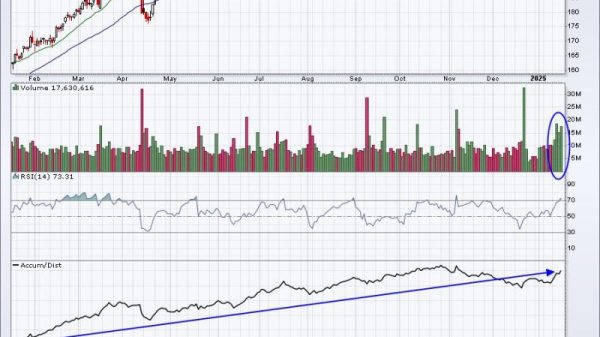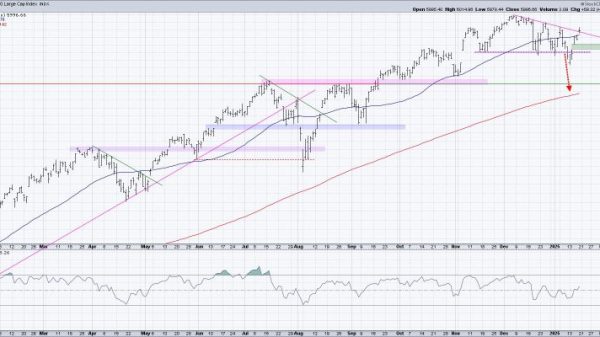The fatal stabbing of two people by a man at a residential compound in southern China has ignited an online debate that has amplified during a summer scarred by a spree of similar crimes across the country.
Two days after those June 28 killings in the Guangxi region, national attention shifted to another stabbing incident, thousands of miles away – which was then followed by two others, also unrelated attacks in public places, taking the toll to seven dead in four provinces within two weeks.
The circumstances differed in each case; one perpetrator had been in a drunken argument, while another has a history of mental illness, according to police. All cases remain under investigation, and scant information has been released on the suspects or their motives.
The country of 1.4 billion has generally low violent crime rates and very tight gun controls. But China has been rocked by a number of high-profile stabbing cases in recent decades, including multiple such attacks at schools.
What stands out about the latest stabbings is the social media debate triggered by them, which experts say reflects a growing sense of anxiety and discontent that has spread across the nation in recent years as the country’s economy struggles to recover from the Covid-19 pandemic.
China’s economy, the world’s second largest, has been plagued by myriad problems including a property crisis, weak spending, regulatory crackdowns and high youth unemployment – with economists fearing it could face years, if not decades, of stagnation.
These worries were clear on Chinese social media after the latest attacks, with several commentators connecting China’s dire economic circumstances to the violence, even as the attackers’ motives remained unclear.
“We should be nicer to others, especially given the economy is not doing well these past two years,” one user wrote on the X-like platform Weibo. “Many people are struggling and their emotions are unstable.”
Many others echoed this sentiment. “Try not to argue with people outside,” another Weibo user wrote. “You never know if they are unhappy in life and can take it out on others.”
Experts caution that these messages don’t necessarily reflect the reality of those stabbings – authorities haven’t released much information about the suspects besides their age and gender. We don’t know anything about their personal lives or financial backgrounds and in some cases it’s unclear whether their attackers knew their victims.
The stabbings this summer have garnered significant online attention, for example one related hashtag viewed more than 64 million times on Weibo. That’s even as overall violent crime in China – already extremely low compared to many other countries – has been declining in recent years, according to state media reports.
Instead, it’s possible the online speculation could mirror the public’s own concerns as the economic slump drags on, said Michelle Miao, an associate law professor at the Chinese University of Hong Kong and a fellow at Stanford University’s Center for Advanced Study in the Behavioral Sciences.
Rare violent crime
Two of the most high-profile recent attacks came in June – and both targeted foreign nationals. One involved the stabbing of four visiting US college instructors, while the other saw an attacker stab people at a bus stop near a Japanese school.
Ultra-nationalism has risen across China and Chinese social media in recent years, as has anti-American and anti-Japanese sentiment. But Chinese authorities have been keen to play down any suggestion that these attacks specifically targeted foreigners.
“Such isolated incidents may happen in any country in the world,” foreign ministry spokesperson Mao Ning told a regular news briefing after the attack on the Japanese school bus, which killed a Chinese woman who tried to stop the attacker and injured a Japanese woman and her child.
According to Chinese authorities, the American instructors and a Chinese tourist who intervened had been stabbed after one of the instructors “collided” with the attacker while walking. They added that China would continue protecting the safety of foreigners in the country.
The suspects in both attacks were unemployed, according to a police report on the bus stop case and one of the US instructors, citing Chinese officials.
The Chinese government doesn’t provide detailed data on knife attacks and keeps a tight lid on crime in its powerful and ubiquitous surveillance system.
China only recorded 0.46 homicides per 100,000 people in 2023, state media reported, citing the Ministry of Public Security. According to the World Bank, citing the United Nations Office on Drugs and Crime (UNODC)’s International Homicide Statistics database, there was just one intentional homicide per 100,000 people in China in 2020 – compared to seven in the US.
The UNODC says the homicide rate per 100,000 people for Asia stood at 2.3 and at 15 for the Americas in 2021, the most recent available figures.
A 2023 work report by the Supreme People’s Procuratorate, which oversees legal prosecutions, claimed that China had curbed serious violent crimes and crimes related to guns, explosives and drugs in the previous five years, according to state-run news agency Xinhua.
Gun violence is rare in China, where the regulation of firearms is among the strictest in the world. Chinese law generally prohibits private possession of firearms (except for hunters with permits), and the government has stepped up its policing of illegal firearms in recent years.
Stabbings have, however, made headlines in recent years – often shining a light on the need for greater mental health services in China, as suspects are often described to have been living with a mental illness, according to official announcements.
Several have targeted schools – including a 2020 knife attack at an elementary school, and attacks at or near kindergartens in 2022 and 2023.
Miao at CUHK said the situation in China today – compared with other countries and unlike in the late 1970s and 1980s when China faced momentous societal changes and an accompanying crime wave – did not seem to show a “significant pattern of rising crimes.”
There have, however, been Chinese studies showing a correlation between crime rates and economic indicators such as unemployment.
Youth unemployment hit record highs last spring; at one point, more than one in five people aged 16 to 24 were jobless. That rate has since lowered, according to the government’s latest data, which now uses a different metric to calculate youth unemployment.
At the same time, other economic crises deepened, including the real estate collapse – which caused defaults and sparked protests across the country. As local governments struggled with financial difficulties, some cities cut basic services or reduced medical benefits for seniors.
On social media, the belief that economic insecurity is making the country less safe remains palpable.
China’s financial pressures had been “passed on to everyone layer by layer,” one Weibo user wrote after the Guangxi stabbing.
“Don’t let yourself become a victim of the economic environment,” they said.


































